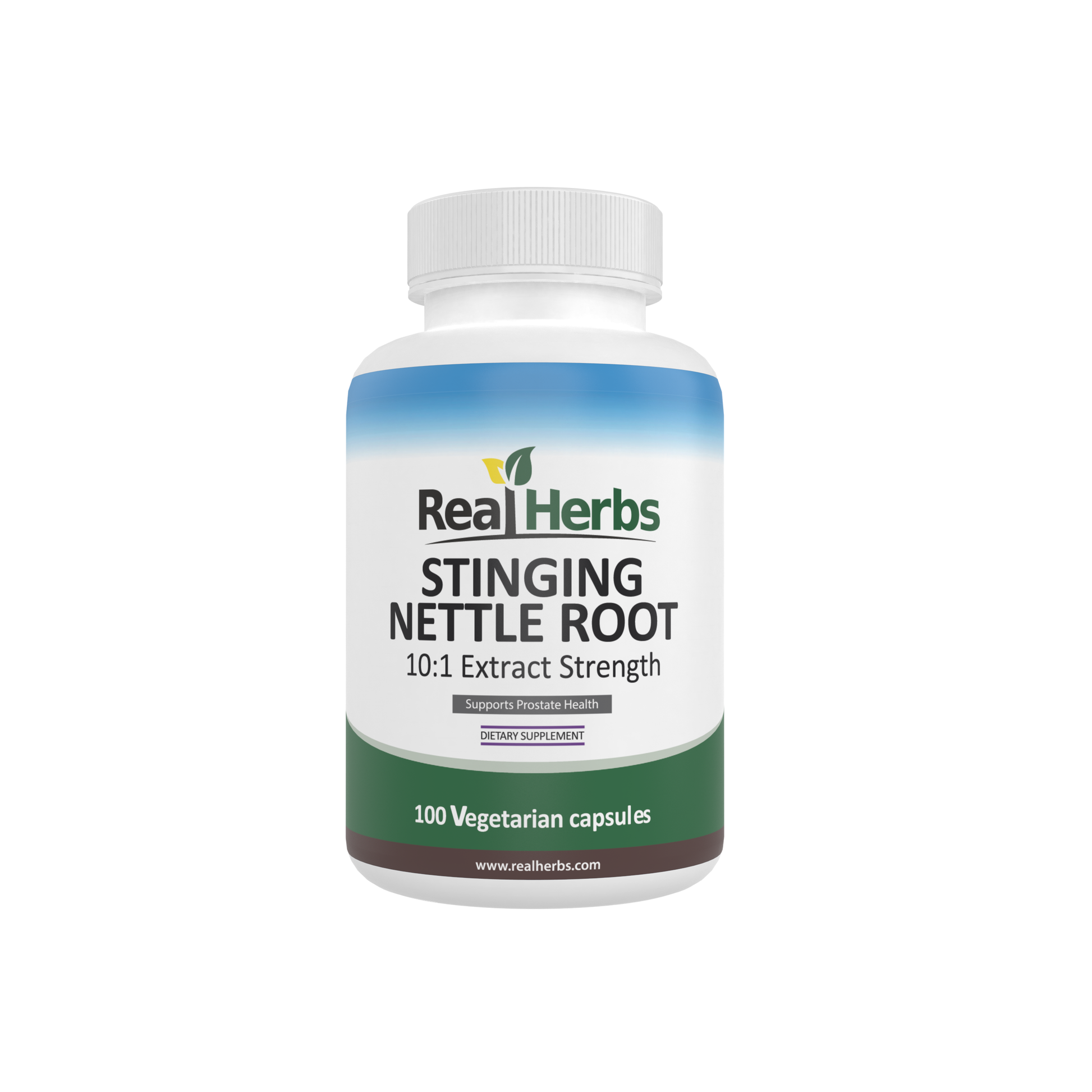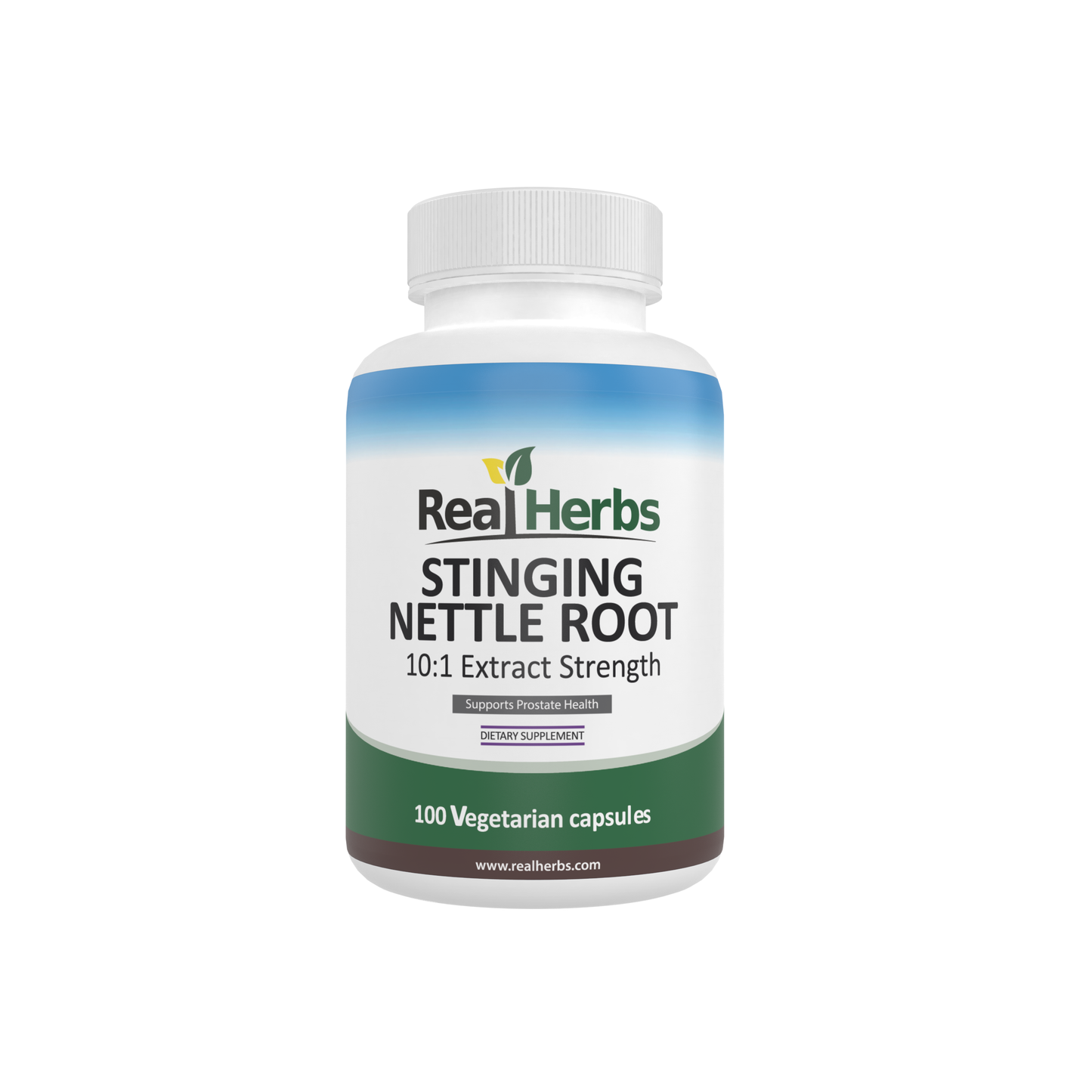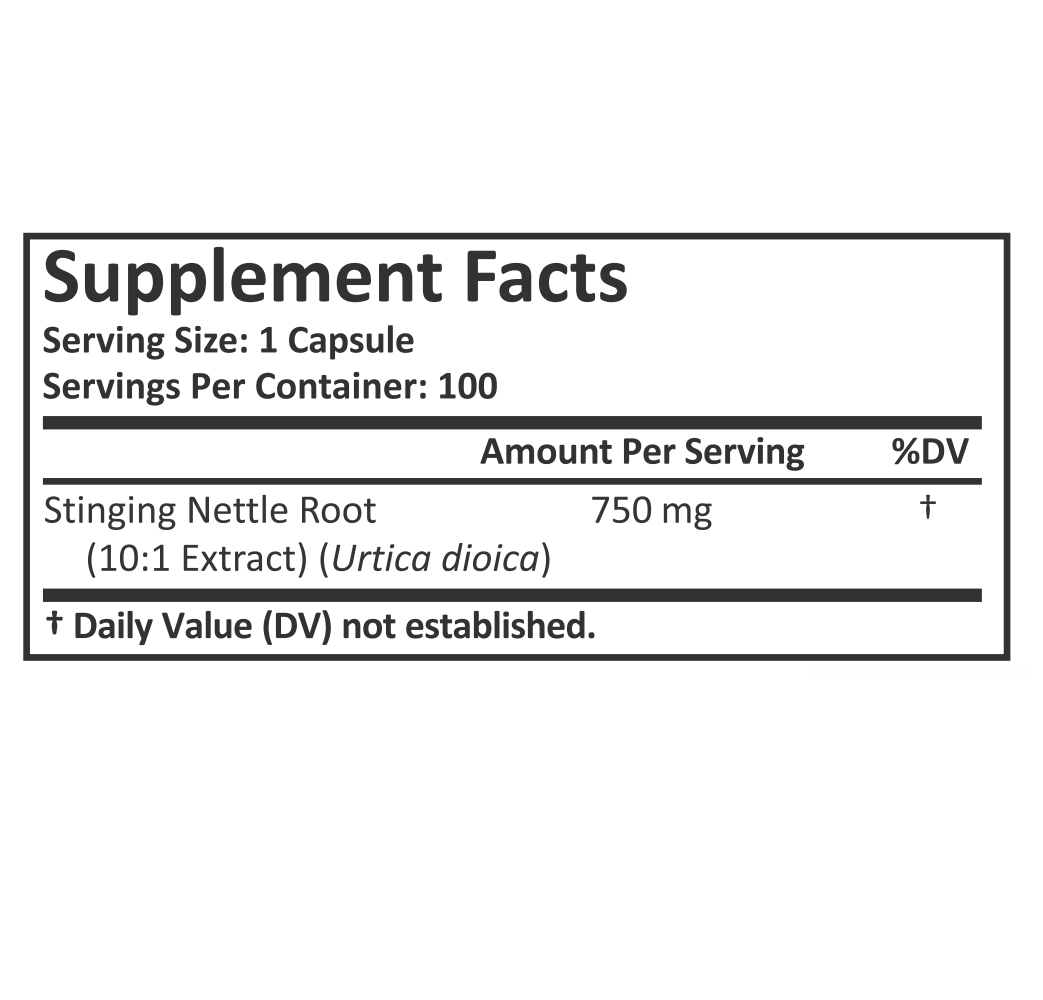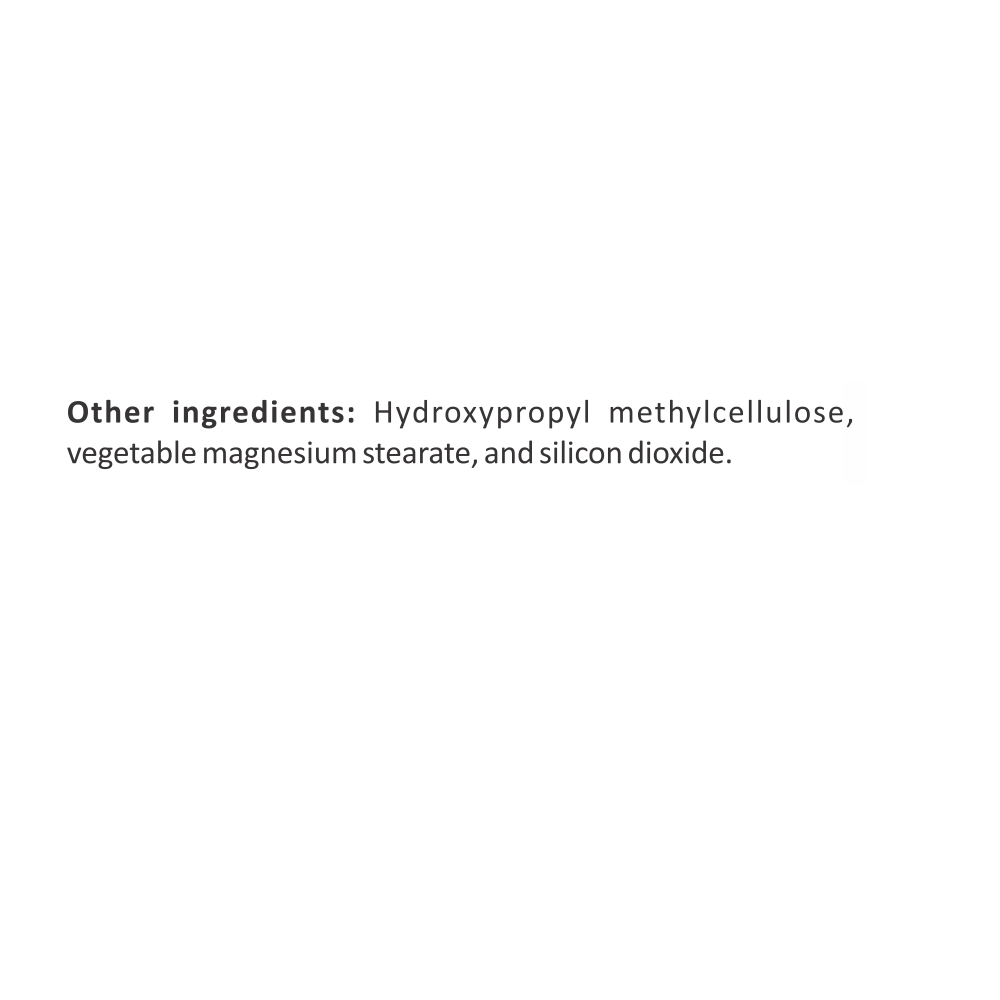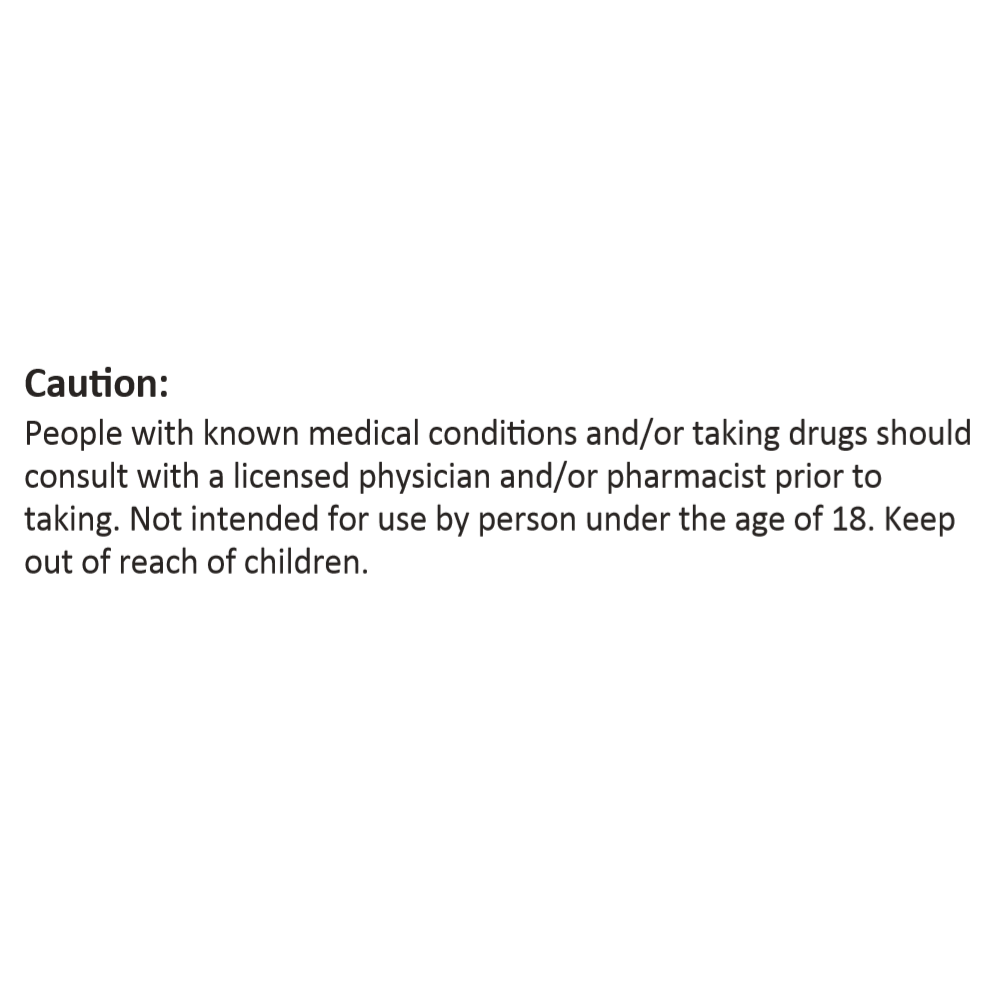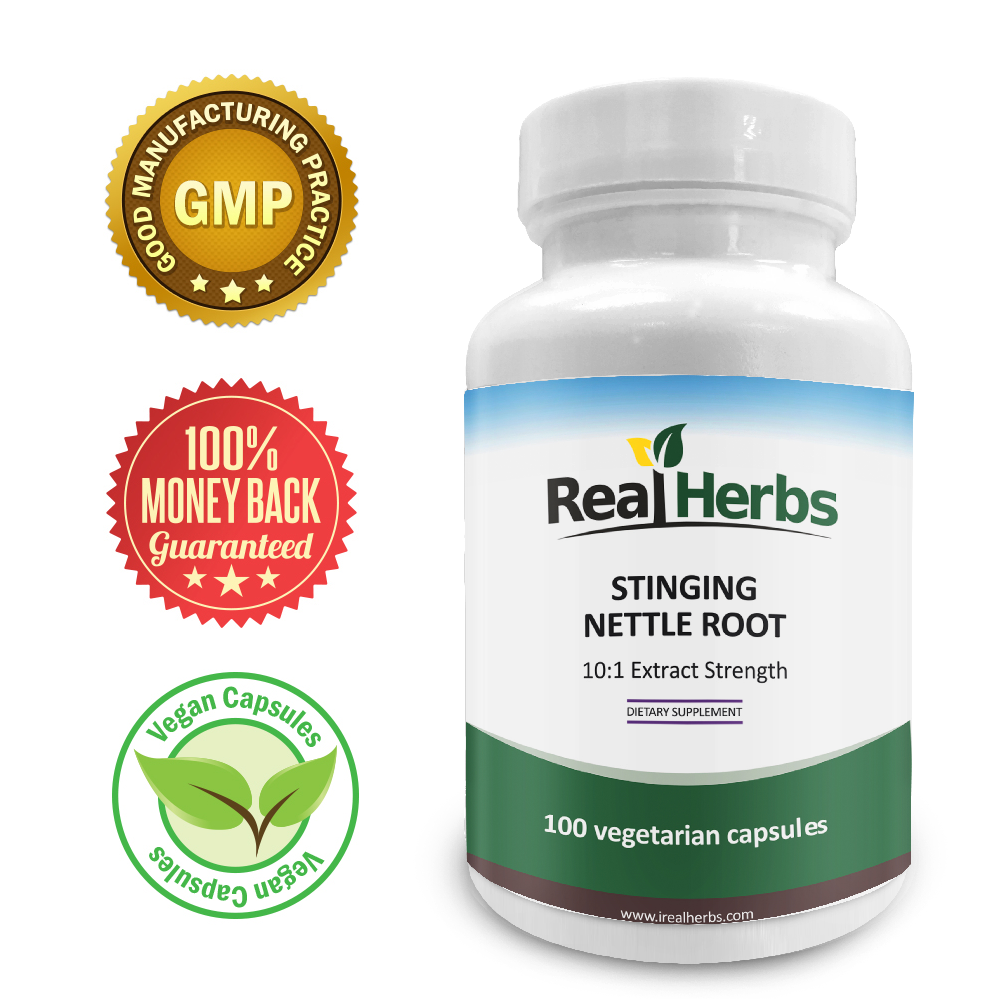Diabetes is a long-term disease that affects how the body processes sugar. It happens when the body does not produce enough insulin, a hormone that regulates blood sugar levels, or when the body is unable to use the insulin that is produced effectively. As a result, sugar accumulates in the blood, causing a variety of symptoms such as increased thirst, fatigue, and slow healing of cuts and wounds.
Diabetes is classified into two types: type 1 and type 2. Type 1 diabetes is an autoimmune disorder in which the immune system attacks and destroys insulin-producing cells in the body. This type of diabetes usually appears in childhood or adolescence and necessitates regular insulin injections to keep blood sugar levels under control. Type 2 diabetes, on the other hand, is a metabolic disorder that occurs when the body develops insulin resistance or when the pancreas is unable to produce enough insulin to meet the body's needs. This type of diabetes is more common in adults and is frequently associated with obesity.
History
The use of stinging nettle root as a medicinal herb originates from ancient civilizations. It has been used to treat a variety of conditions, including arthritis, allergies, and urinary issues. It was thought to have the ability to purify the blood and improve overall health in traditional medicine.
How it works
Stinging nettle root is believed to work by inhibiting the enzyme alpha-glucosidase, which is responsible for carbohydrate breakdown in the body. Carbohydrates are broken down into simple sugars, such as glucose, that can then be absorbed into the bloodstream. Stinging nettle root may help to lower blood sugar levels and improve glucose tolerance by inhibiting the action of alpha-glucosidase.
Stinging nettle root may help lower blood sugar levels by increasing insulin sensitivity in addition to inhibiting alpha-glucosidase. Insulin sensitivity refers to the body's ability to respond to insulin and effectively use glucose. When the body develops insulin resistance, it can result in high blood sugar levels. Stinging nettle root may help the body better utilize the insulin it produces and lower blood sugar levels by increasing insulin sensitivity.
It is important to note that the mechanisms by which stinging nettle root may lower blood sugar levels are not fully understood, and more research is needed to fully comprehend how it works. The available evidence, however, suggests that it may be an effective natural solution for lowering blood sugar levels in diabetics.
Studies and Results
Several studies on the use of stinging nettle root to lower blood sugar levels have been conducted. According to one study published in the Journal of Ethnopharmacology, stinging nettle root extract was effective at lowering blood sugar levels in diabetic rats. Diabetic rats were given stinging nettle root extract for 28 days and their blood sugar levels were monitored at regular intervals. The results demonstrated that stinging nettle root extract significantly reduced blood sugar levels in rats.
Another study, published in the journal Phytotherapy Research, discovered that stinging nettle root extract significantly reduced fasting blood sugar levels in type 2 diabetes patients. For 8 weeks, 60 people with type 2 diabetes were randomly assigned to receive either stinging nettle root extract or a placebo. The results showed that those who received stinging nettle root extract had significantly lower fasting blood sugar levels than those who received a placebo.
Overall, the evidence suggests that stinging nettle root may be a useful natural treatment for lowering blood sugar levels in diabetics. More research, however, is required to fully understand its mechanisms of action and to determine the best dosage and duration of treatment.
Recommended Dosage:
The dosage of stinging nettle root recommended for lowering blood sugar levels will vary depending on a number of factors, including the individual's age, weight, and overall health. Before taking stinging nettle root, consult with your doctor because it may interact with certain medications and is not appropriate for everyone.
Conclusion:
The root of stinging nettle has been shown to be effective in lowering blood sugar levels in diabetics. It is a natural, plant-based solution that can be used in place of or in addition to traditional medications. However, before taking stinging nettle root, consult with a healthcare provider because it may interact with certain medications and may not be suitable for everyone.
References:
- "Stinging Nettle Root Extract Reduces Blood Sugar Levels in Diabetic Rats." Journal of Ethnopharmacology, vol. 130, no. 3, 2011, pp. 489-494., doi:10.1016/j.jep.2011.06.028.
- "Efficacy and Safety of Urtica dioica Leaf Extract in the Treatment of Patients with Type 2 Diabetes Mellitus: A Randomized Double-Blind Placebo-Controlled Clinical Trial." Phytotherapy Research, vol. 26, no. 5, 2012, pp. 793-798., doi:10.1002/ptr.3579.

